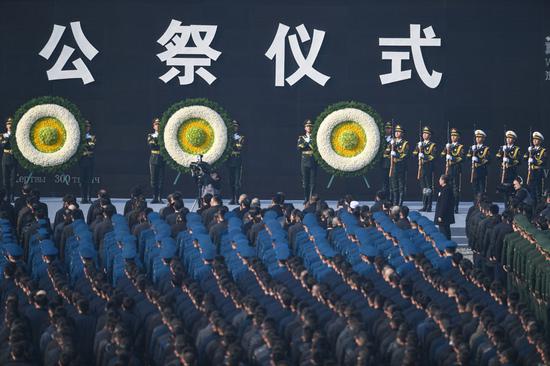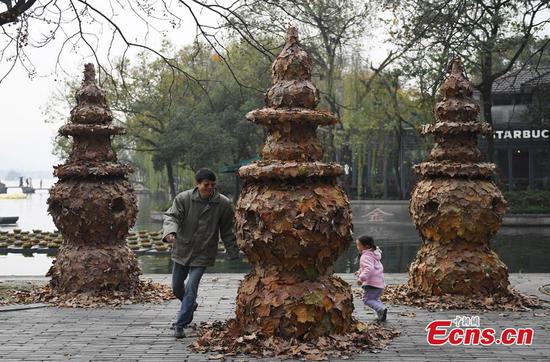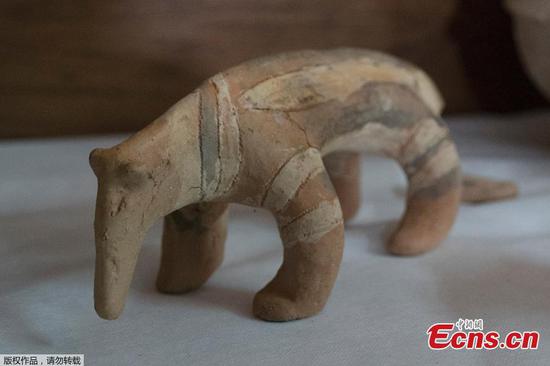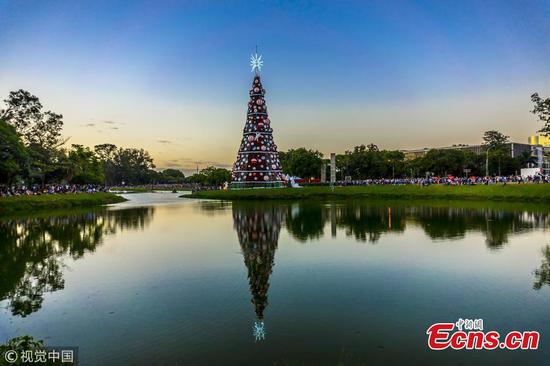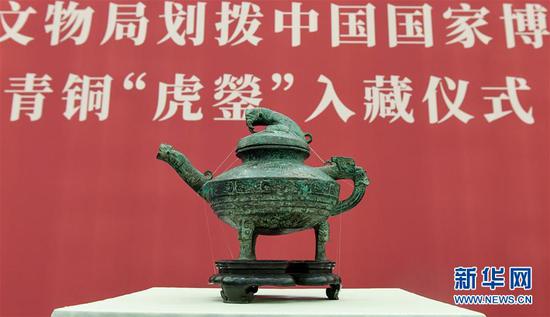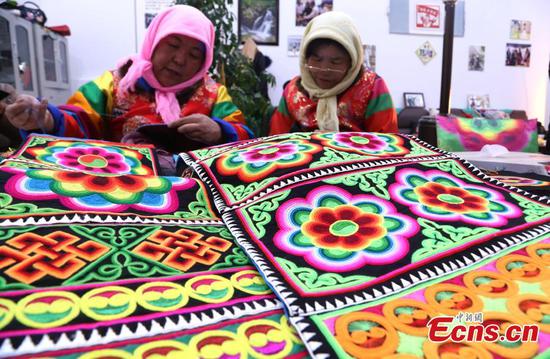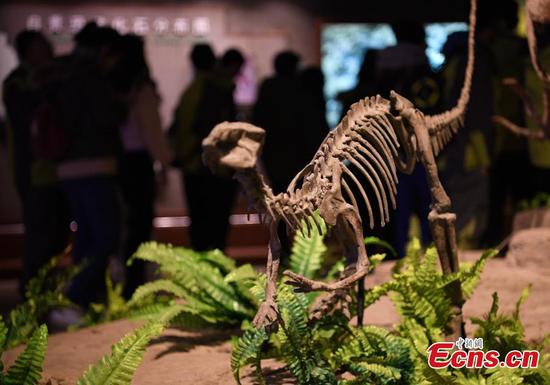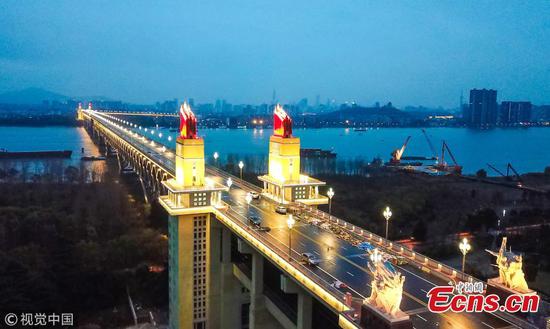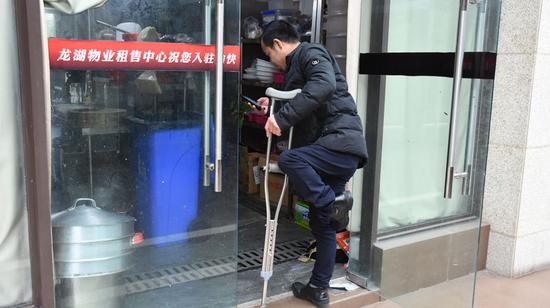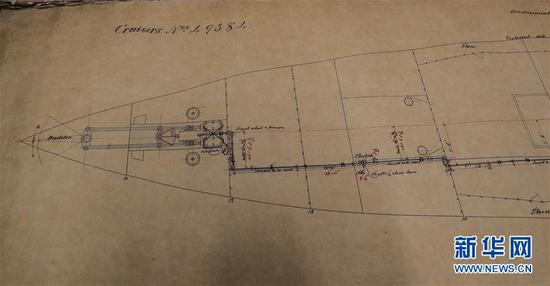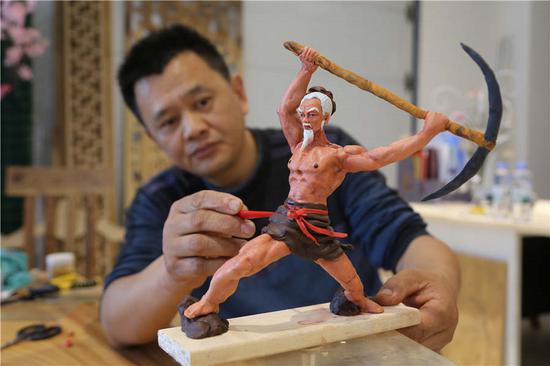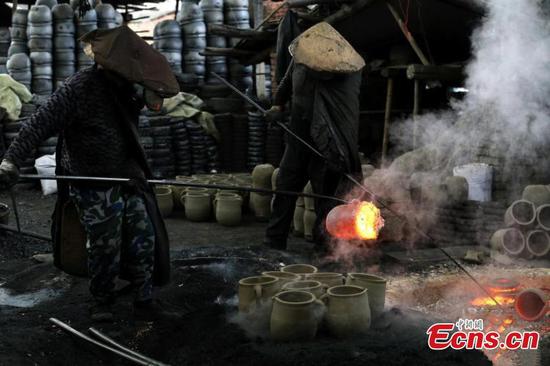An expert said Chinese villages can appeal after a court in Amsterdam, the Netherlands, refused to a legal dispute over the ownership of a Buddha statue that contains the mummified remains of a monk.
The statue was stolen in 1995 from a shared temple by two villages of Sanming, East China's Fujian Province, and wound up in the collection of a Dutch art dealer.
After acquiring the location of the statue, the villages sued the dealer in a Dutch court.
The court turned down the case, saying in a written ruling that the two villages are not legal entities and are therefore ineligible to file a claim.
Huo Zhengxin, vice dean of the School of International Law of China University of Political Science and Law, said the Dutch court failed to refer laws of the plaintiff's country, which is Chinese law in this case. Village committees are entitled to file lawsuits, according to Article 96 of the General Principles of Civil Law.
The case is one of the first attempts to repatriate Chinese antiquities through a legal approach instead of diplomatic channels.
In lawsuits to restore lost cultural relics, there are precedents that adopt laws of the originating countries. However, the Dutch court failed to do so and the villages can appeal the ruling, Huo said.












